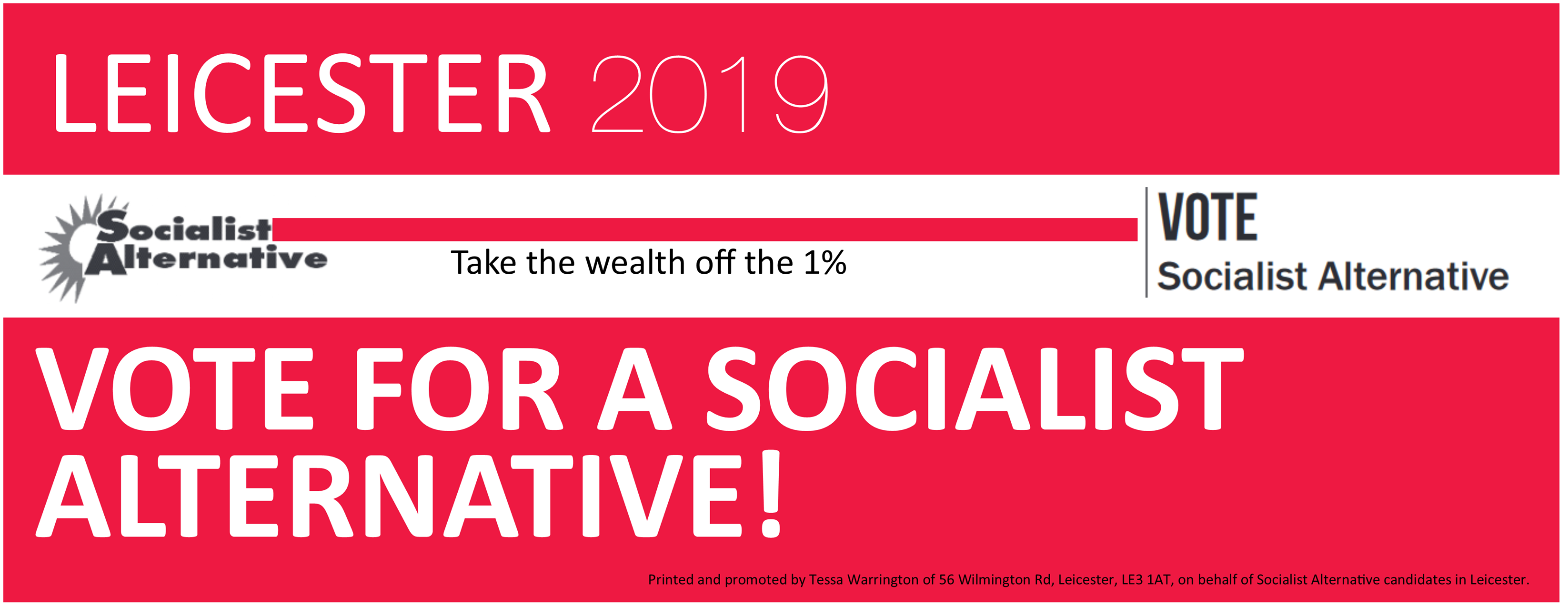Why Trade Unionists Oppose the EU
Although there is much confusion about the EU and its relationship to workers’ rights, there are a multitude of excellent reasons why trade unionists oppose the EU.
Alongside the National Union of Rail, Maritime and Transport Workers (RMT) the Bakers Union is one of the few fighting unions that is campaigning for a socialist exit from the EU. Speaking earlier today at their 2016 annual conference the Bakers Union president, Ian Hodson pointed out:
“Since David Cameron became Prime Minister in 2010 we have seen what’s left of workers’ rights in this country being attacked and torn apart by this government. Yet despite this, and an almost universal call for a general strike, the best the TUC has had to offer is a few marches around London, a few celebrity speakers at rallies, and some catchy slogans that mean and achieve precisely nothing!
“Workers are being shafted time and again over the last six years with total prejudice, where is the direct action? Even the TUC’s comments around the EU have a tone of surrender to them. They seem to be perpetuating a myth that all workers’ rights originate from Europe, and that only Europe can protect them. The majority of workers’ rights in the UK were won by the UK labour movement, and being in the EU hasn’t stopped Cameron and his mafia from attacking the trade unions and working people on a daily basis.”
When the Leicester Race Equality Centre (TREC) organised their own public debate on the EU (on May 26), Unison steward Manuel Bueno Del Carpio, who was representing the group Trade Unionists Against the EU, began his talk by explaining:
“One of the first things I want to do is distinguish between the word immigration and the ‘free movement of labour’. An immigrant is a person who throws themselves, throws their lot, in with the country they move to, and therefore they put their stake in its future in that society. ‘Free movement of labour’ is the freedom of employers throughout Europe to move labour to undermine conditions, wages, and agreements to the benefit of the employers – an example of that is the Lindsey dispute. Lindsey is a big refinery where they needed to expand and instead of the new contractor using the existing trade union agreement and labour they brought two ships of Italian and Portuguese workers using the Posted Workers Directive.
“The Posted Workers Directive allows employers to take labour from one country to another, and then they have to pay the minimum wage, and no more than the minimum wage, in the country to which they took them. What then happened is that the official trade union movement was going to accept the new rules, but in fact the workers walked out in an unofficial strike, and they were supported by their communities and many solidarity actions. The result was that the employer did in the end stick to their agreement, reemploy British workers, and what is more none of the Italian or Portuguese workers lost their jobs. Instead, they were reemployed on the conditions won in the agreements that workers at Lindsey had.
“I bring that example because the core issue is democracy. I have faith in British democracy, none of it is perfect but it fulfils the dictums of, for example, what Tony Benn said when he asked the question ‘can I remove them?’ Well, we cannot remove Commissioners, who dictate what will happen…. A democracy has to be one where one’s decisions have consequences that we live to. So to me democracy is the key reason why we should leave because with democracy we can deal with problems, whether they be trade or whatever. I have faith that as a people we can deal with whatever the future throws at us…”
Unfortunately his own union, Unison, as a result of it conservative leadership, has come down on the remain side of the debate. This is despite the fact that Unison’s initial consultation document on the referendum made clear that since their founding delegate conference in 1993 their…
“…conferences have taken a view of every major EU treaty over the past 23 years from Maastricht at the founding conference in 1993, through the Amsterdam, Lisbon and the constitutional treaties and the Services Directive and have consistently criticised and opposed the content of those documents, based on our beliefs about public services and public spending.”
And as they acknowledged:
“UNISON has also been alert to attacks on trade union rights that have flowed from the EU reforms to ensure ‘labour market flexibility’ and to annul collective agreements that impede this…”
Nevertheless in an important turn of events, NIPSA, the largest public trade union in Northern Ireland, has just come out in favouring a left exit from the EU. They say that the EU “implements pro-austerity economic policies”, “has introduced anti-worker policies that have undermined hard earned terms and conditions of employment and employment rights”, and “is engaged in diplomatic and military manoeuvres that are destabilising other regions.”
In their excellent leaflet “Left Exit”, NIPSA continue:
“While some point to the theory of a ‘social Europe’ (the ideas that initially accompanied the establishment of the EU after the Second World War), whenever challenged by the markets, this concept has been swiftly surrendered, soon replaced with the ‘flexible market’ – a race to the bottom founded on an opposition to the very universal, collectively bargained terms/conditions and public ownership that ‘social Europe’ was supposed to have secured. This emphasises what progressive forces who argue we should leave the EU mean by the slogan ‘another Europe is possible, another EU is not.’”
And as they correctly conclude:
“The trade union movement should now take on the ‘bosses club’ but from the left, by burying the lie of its social partnership, not praising it.”


